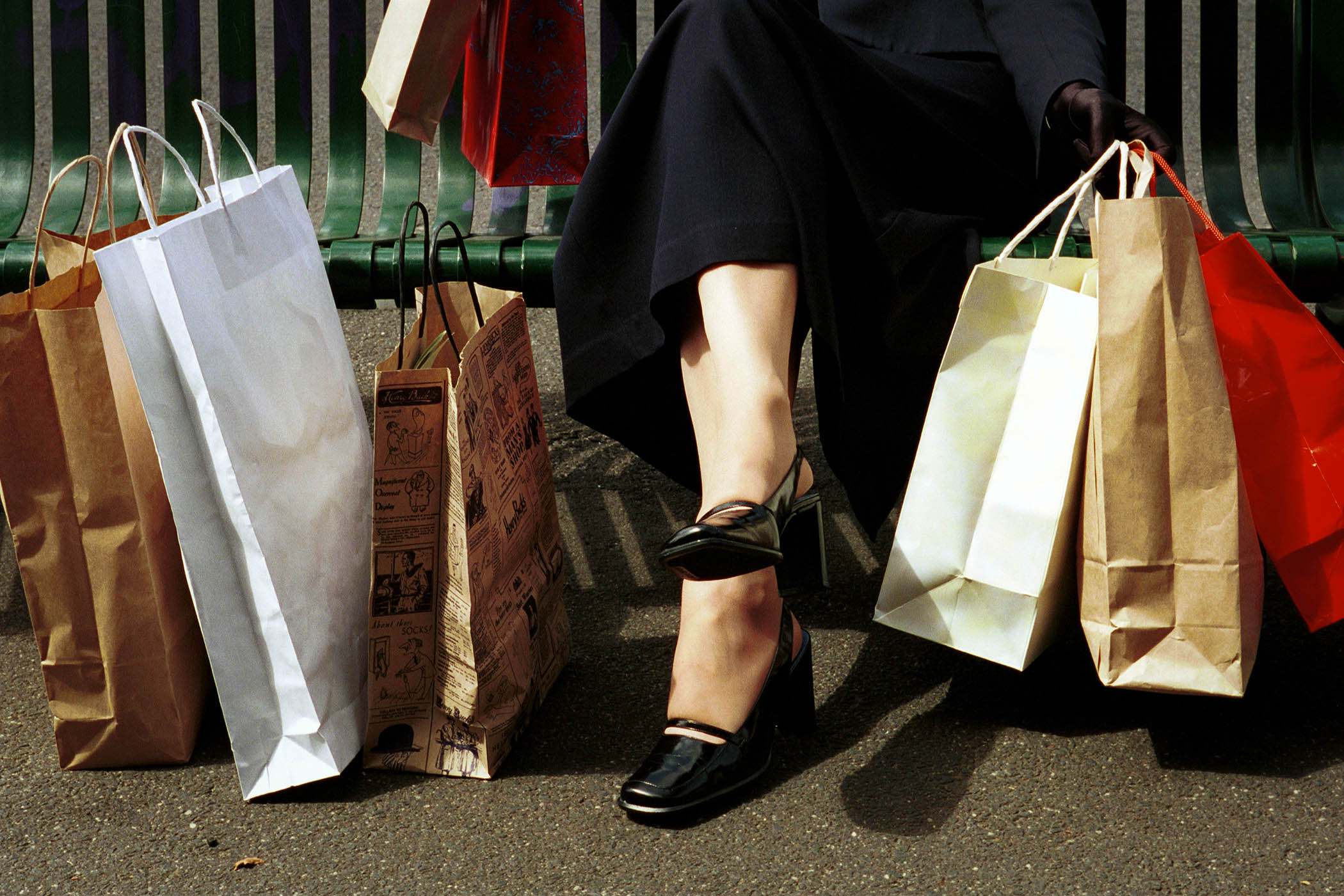For a snapshot of late-stage capitalism, look no further than Klarna’s new membership programme. For £17.99 a month, the buy-now-pay-later firm is offering free access to a fertility tracking app called Clue.
That’s right, you can now split the cost of your trainers AND plan your baby-making in one handy subscription. Bonk now, pay later.
It’s a sign of how determined Klarna is to change the way we shop and borrow. The four new membership tiers, costing between £1.99 and £44.99, come with an eye-catching range of perks, from free access to guided meditations and gym classes to unlimited airport lounge access worldwide (via LoungeKey Pass).
But these memberships are also designed to do something else: boost its recently launched “flexible” debit card. This can be used to either pay for shopping upfront or to apply for a credit plan.
Either way, Klarna is banking on the card becoming a new status symbol: its Max membership comes with an exclusive 16g rose gold metal affair.
There’s no doubt that Klarna wants to give traditional credit cards a run for their money. The option to delay payments at the checkout, or split them into many instalments (often without any interest payable) is hard to resist. The financial website Finder reckons that 42% of British adults have used buy-now-pay-later (BNPL) as of this year, up from 36% at the start of 2023.
But along the way, questions have been raised about whether consumers understand what they sign up for, and whether they can all afford to use BNPL as intended.
Citizens Advice says more than one in five BNPL users have missed a payment. Julian Mander, head of the Riverside Money Advice charity in Birmingham, tells me these schemes are “creeping into the normal spending patterns” of his clients.
Related articles:
He adds: “It is not understood as credit, or that it leads them to be spending more on items they wouldnʼt have otherwise bought. They simply make on-the-spot decisions based on what they think they can afford, rather than the reality.”
Klarna has tried to answer its critics. Since 2023 it has added a £5 late fee (capped at £10 or 25% of the order) and says missed payments in the UK have fallen by 35%. Last year, its late payment rate was 2.95% and the number of orders handed to a debt collection agency was 0.56%. It now talks less about “smooth shopping” and more about “financial wellness”: customers can check credit scores, pause repayments or even switch off credit in the app.
Newsletters
Choose the newsletters you want to receive
View more
For information about how The Observer protects your data, read our Privacy Policy
One thing’s for sure: Klarna wants to be seen as respectable, even resistible. Now it’s a publicly listed company, time will tell if that noble ambition can survive contact with commercial reality.
• This article has been amended since publication
Photograph by Fairfax Media via Getty Images



